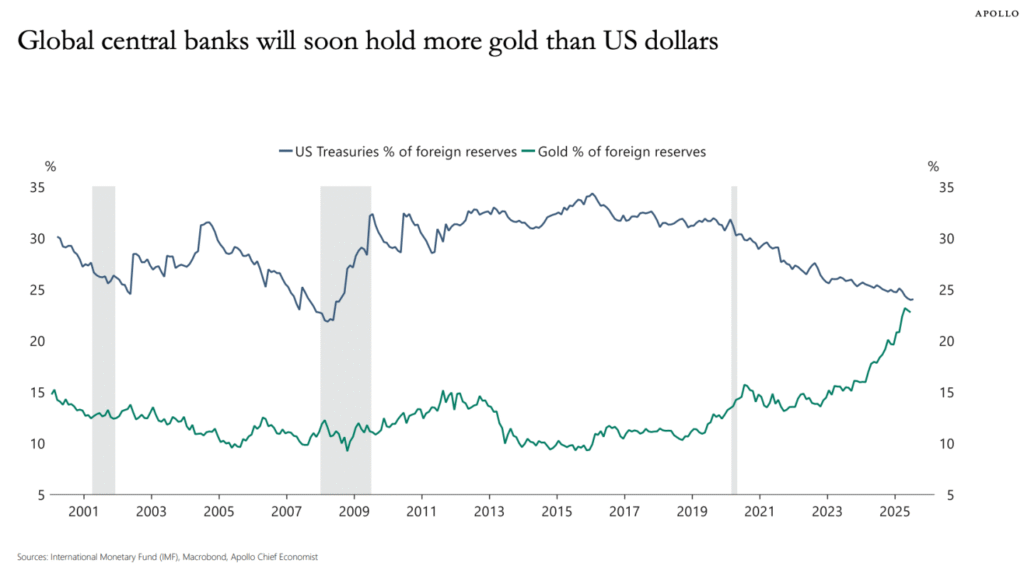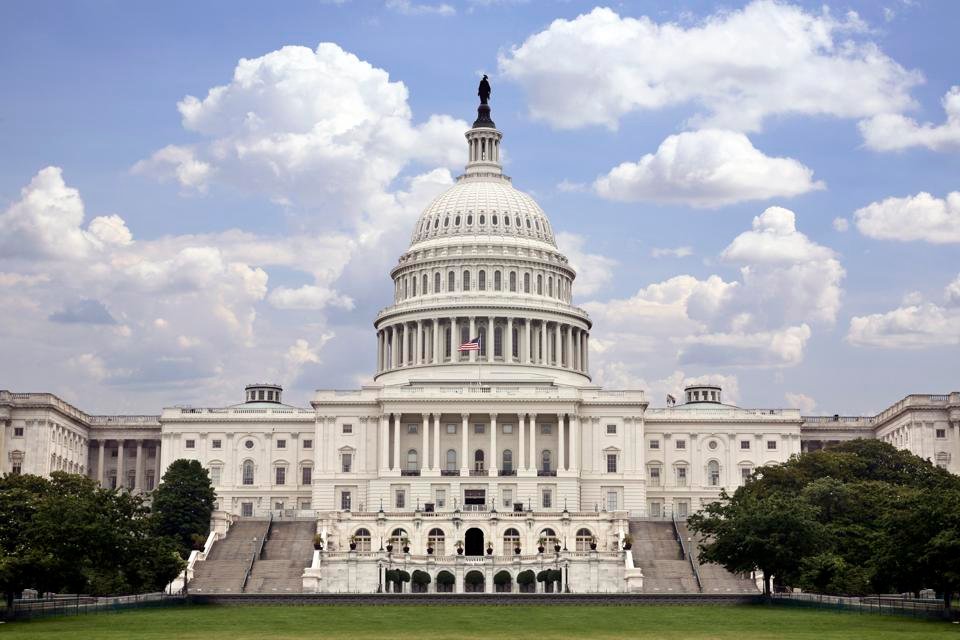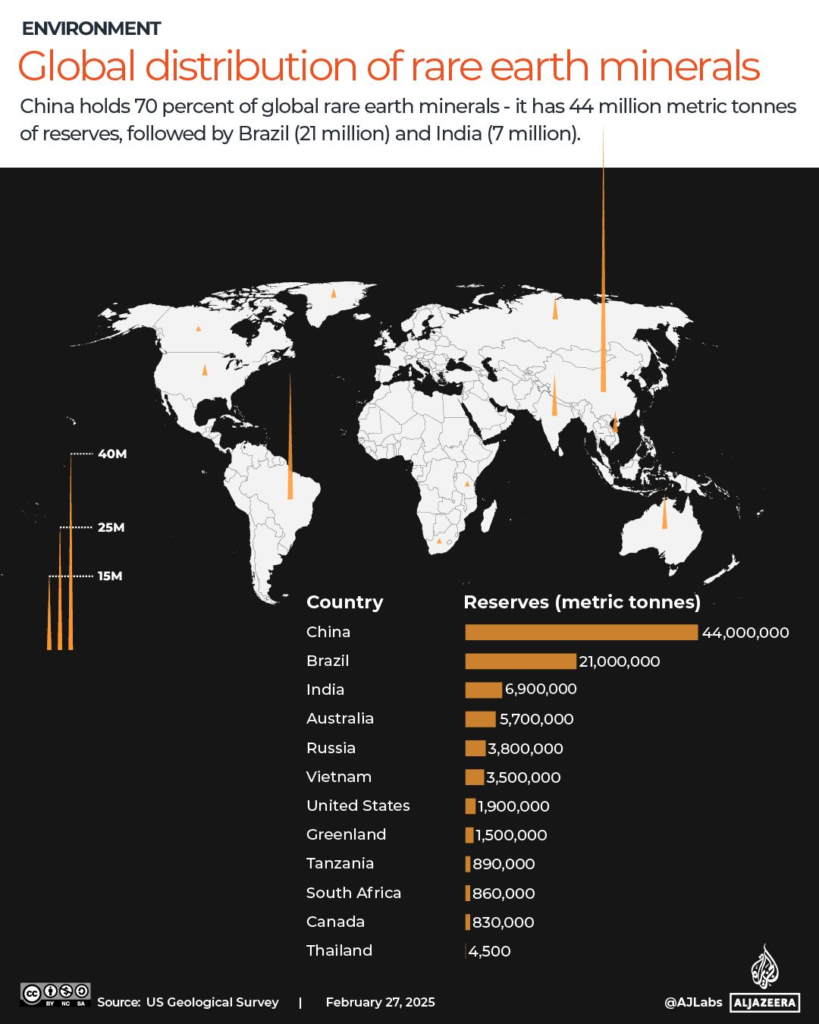NioCorp CEO Mark Smith told Mornings with Maria the Pentagon’s $10M grant will boost Nebraska’s rare earth project as the U.S. races to rebuild supply chains vital for security and the economy.
President Donald Trump and Australian Prime Minister Anthony Albanese on Monday signed an agreement on rare earths and critical minerals as the two allies look to stabilize global supplies amid China’s efforts to clamp down on its control over the market.
Trump and Albanese met at the White House for their first summit and Trump said the deal was negotiated over the past four or five months ahead of the announcement. Albanese said it’s an $8.5 billion pipeline “that we have ready to go.”
Reuters reported that, according to a copy of the agreement provided by the prime minister’s office, the two countries agreed to each invest $1 billion over the next six months into mining and processing projects, as well as set a minimum price floor for critical minerals.
“In about a year from now, we’ll have so much critical mineral and rare earths that you won’t know what to do with them,” Trump told reporters at the event.
MAJOR US STEELMAKER PIVOTS TO RARE EARTH MINERALS AS CHINA TIGHTENS GRIP
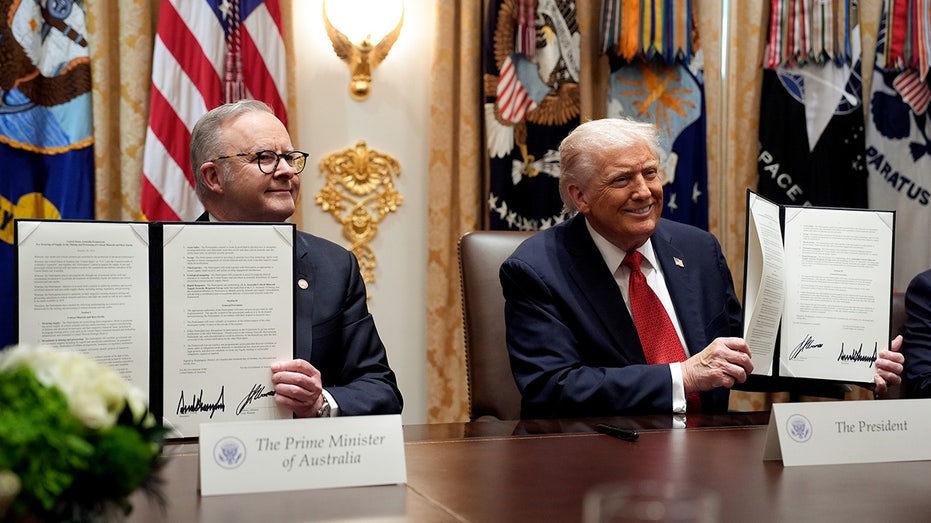
President Trump and Prime Minister Albanese signed the deal on Monday. (Yuri Gripas/Abaca/Bloomberg via Getty Images / Getty Images)
As part of the agreement, Trump and Albanese agreed to cut permitting for mines, processing facilities and related operations to boost production of rare earths and critical minerals.
The deal also calls for cooperation between the U.S. and Australia on mapping geological resources, mineral recycling and efforts to stop the sale of critical mineral assets on national security grounds.
Australia is open to selling shares of its planned strategic reserve of critical minerals to allies including Britain, according to a Reuters report from last month. The move comes as Western governments are looking to reduce their reliance on China for rare earths and critical minerals.
TRUMP APPROVES ALASKA PROJECT FOR MINING CRITICAL MINERALS: WHAT IS THE ECONOMIC IMPORTANCE?
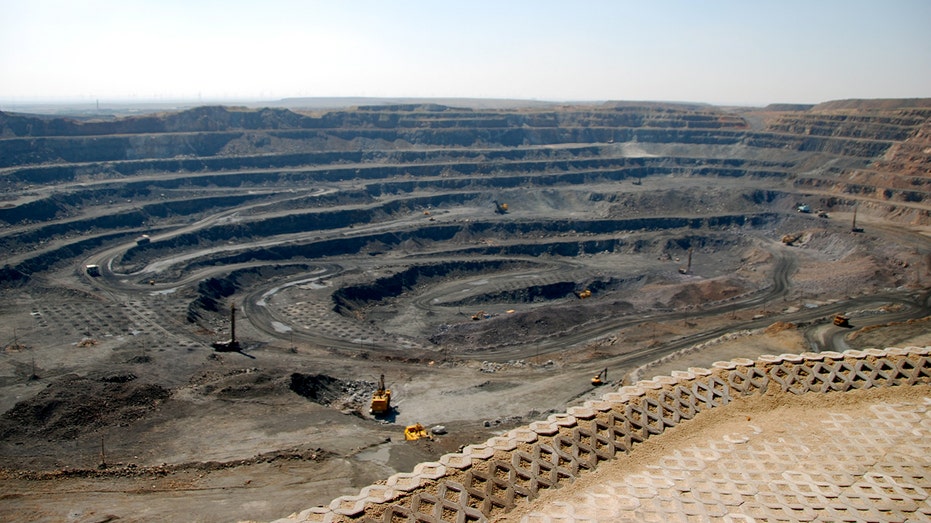
China is the world’s leading producer of rare earths and critical minerals. (Bert van Dijk/Getty Images / Getty Images)
The U.S. condemned China’s recent move to implement export controls restricting sales of rare earths as a threat to global supply chains.
China is the world’s largest producer of critical materials, which are used in products ranging from smartphones to EV engines and military radars.
The U.S. Geological Survey (USGS) reported in January that China’s mines produced 270,000 tons of rare earths in 2024 and the country has 44 million tons of reserves.
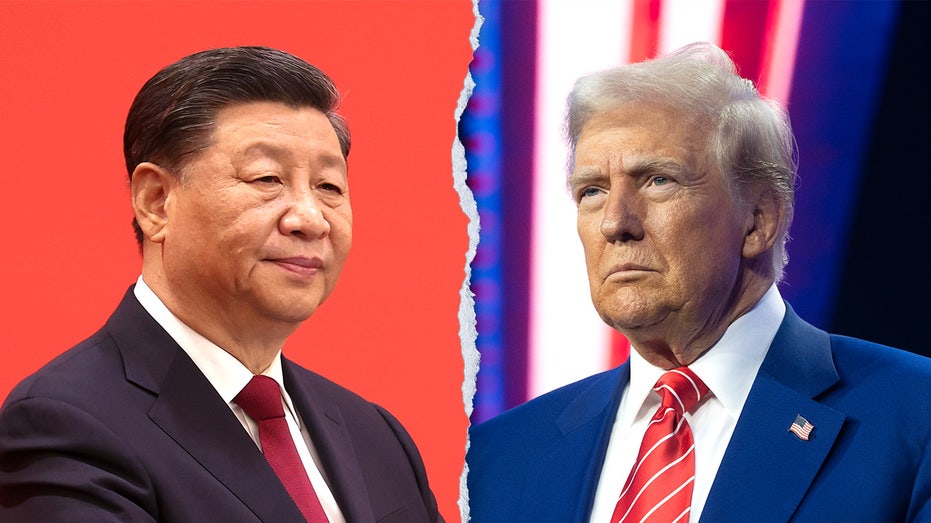
Trump and Xi have been at odds over tariffs. (Lintao Zhang/Getty Images; Rebecca Noble/Getty Images / Getty Images)
GET FOX BUSINESS ON THE GO BY CLICKING HERE
By comparison, the U.S. produced 45,000 tons and had 1.9 million tons of reserves last year, while Australia produced 13,000 tons and had 5.7 million tons of reserves.
Reuters contributed to this report.



